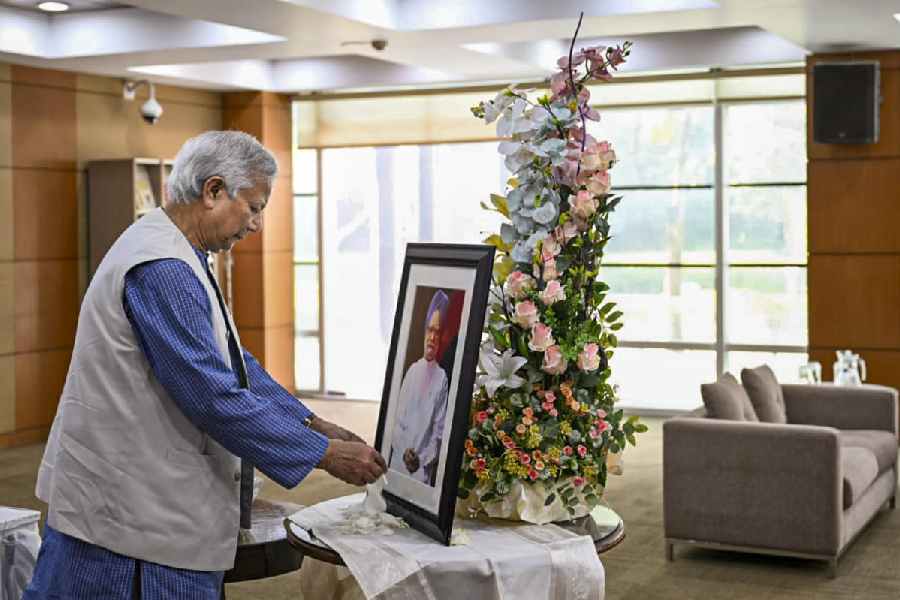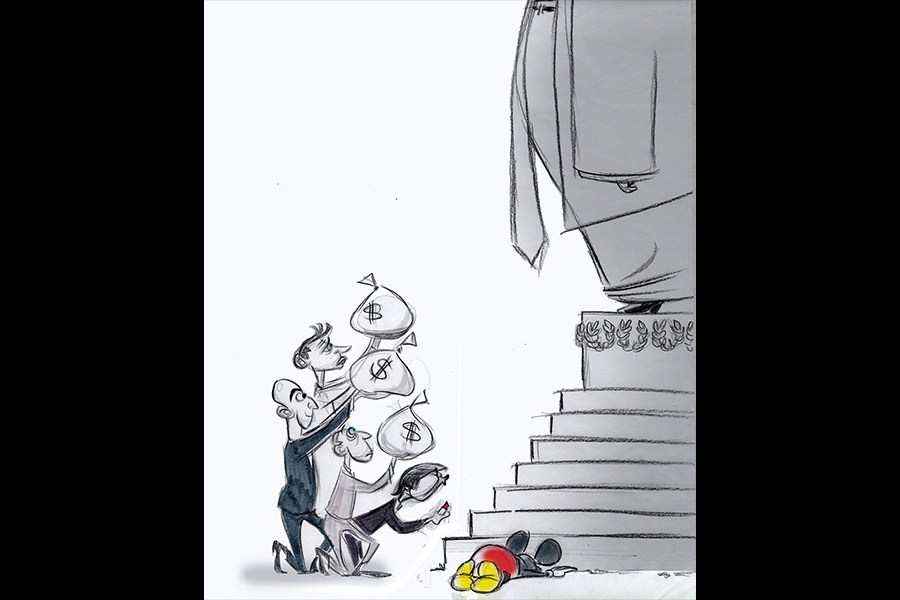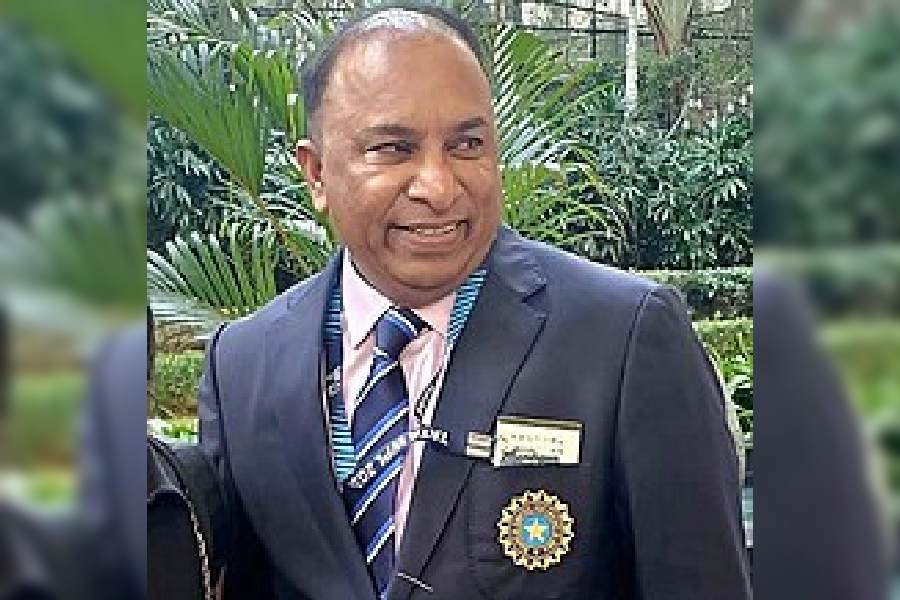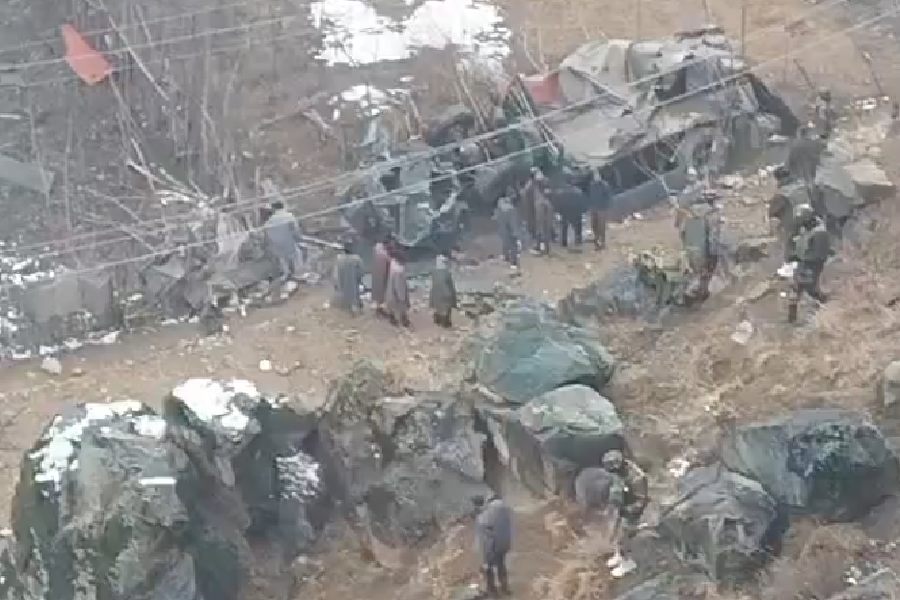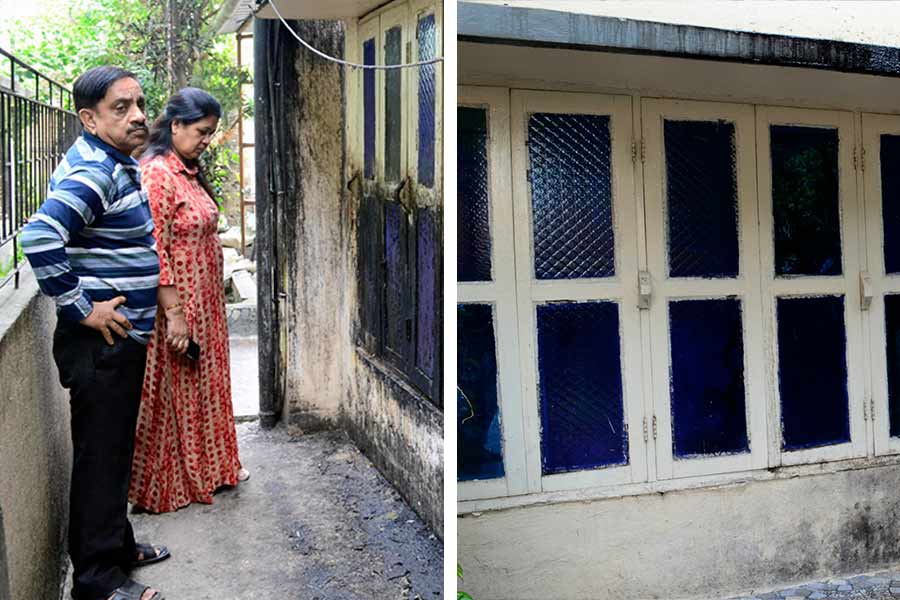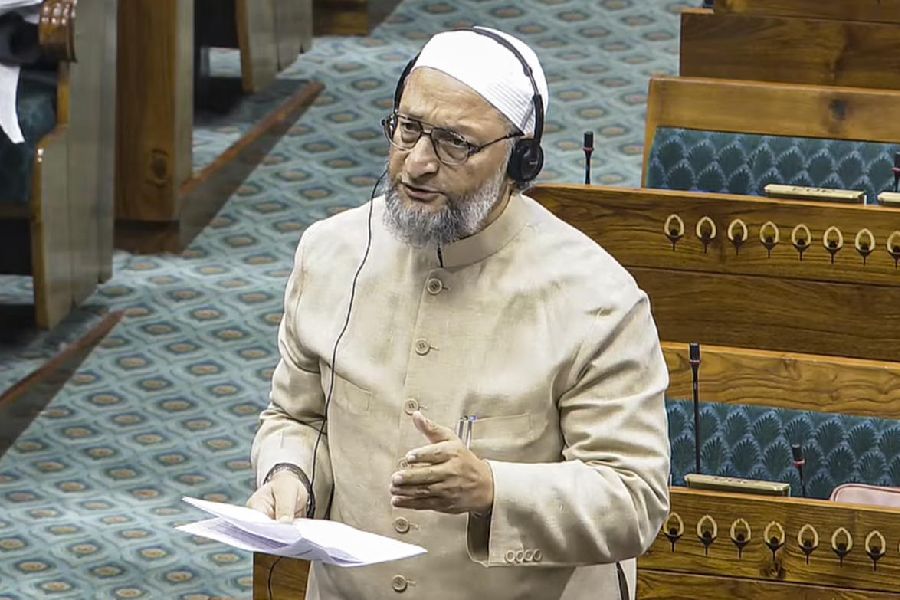The relationship between Bangladesh and India will not be adversely affected even if New Delhi does not respond to Dhaka’s request for extradition of deposed Prime Minister Sheikh Hasina, Touhid Hossain — foreign affairs adviser to the Muhammad Yunus-led interim government — said on Wednesday.
“This is one of the issues and the two countries have many bilateral issues,” Hossain was quoted by Bangladeshi media.
“I think both will continue simultaneously. We have many issues of mutual interest. We will advance with all these issues side by side,” the adviser added in response to a question on the likely impact on the ties if the Narendra Modi government doesn’t hand over Hasina, who has taken refuge in India after she fled the country on August 5.
He also said that maintaining good relations with India, the US and China would be among the top priorities of the government in 2025.
Multiple sources in Dhaka said that the interim government was expecting a reply from India regarding its request for Hasina’s extradition and was under pressure from the leaders of the anti-discrimination students’ movement and parties like the BNP and Jamaat-e-Islami to send a reminder after “a certain period” if no reply is received from New Delhi. The students were at the forefront of the protests that led to Hasina’s downfall.
Hossain’s comment assumed significance as it signalled a sense of pragmatism on Dhaka’s part in dealing with the extradition of Hasina even as a section of Bangladesh’s civil society, which played a role in the regime change, questioning the Yunus government’s commitment in bringing her back.
“It’s a tricky matter, both at domestic and bilateral level.... They seem to be pitching it cleverly and not making it a major issue so that it boomerangs on them,” said a former Indian diplomat.
According to the source, the interim government cannot afford to make Hasina’s extradition a “major issue” as it is also aware that India is under no obligation to hand over the deposed Prime Minister.
“They don’t want to raise the pitch as it will be difficult for them to deal with their hardline Islamist constituents once it becomes apparent that Hasina’s extradition is not feasible...,” said the source.
At a time when Bangladesh is battling runaway inflation because of supply bottlenecks, raising the pitch to return Hasina beyond a moderate level runs the risk of complicating ties with India, the major exporter of essential items to Bangladesh.
Echoing the retired Indian diplomat, a source in the foreign affairs ministry said that Bangladesh’s note verbale to India regarding Hasina’s extradition was an attempt to keep the hardliners happy for the time being.
Hossain’s comment on Hasina’s extradition, a source said, is the second instance of Dhaka’s shift to a “pragmatic approach” in dealing with India.
“On Tuesday, Professor Yunus broke all protocols, visited the Indian high commission in Dhaka, placed a floral wreath at the portrait of Manmohan Singh and wrote a condolence message.... There seems to be a pragmatic approach and a reachout message,” said a source in Dhaka.
A source in New Delhi said that the sound bytes and visuals from Dhaka may be encouraging, but it is too early to reach a conclusion about the Yunus regime’s true intent.
“They are yet to address our main concerns like ensuring safety and security of minorities, keeping the terror elements and radical Islamists under check and establishing rule of law... We have to wait and see how they handle these issues,” said the strategic affairs expert.

